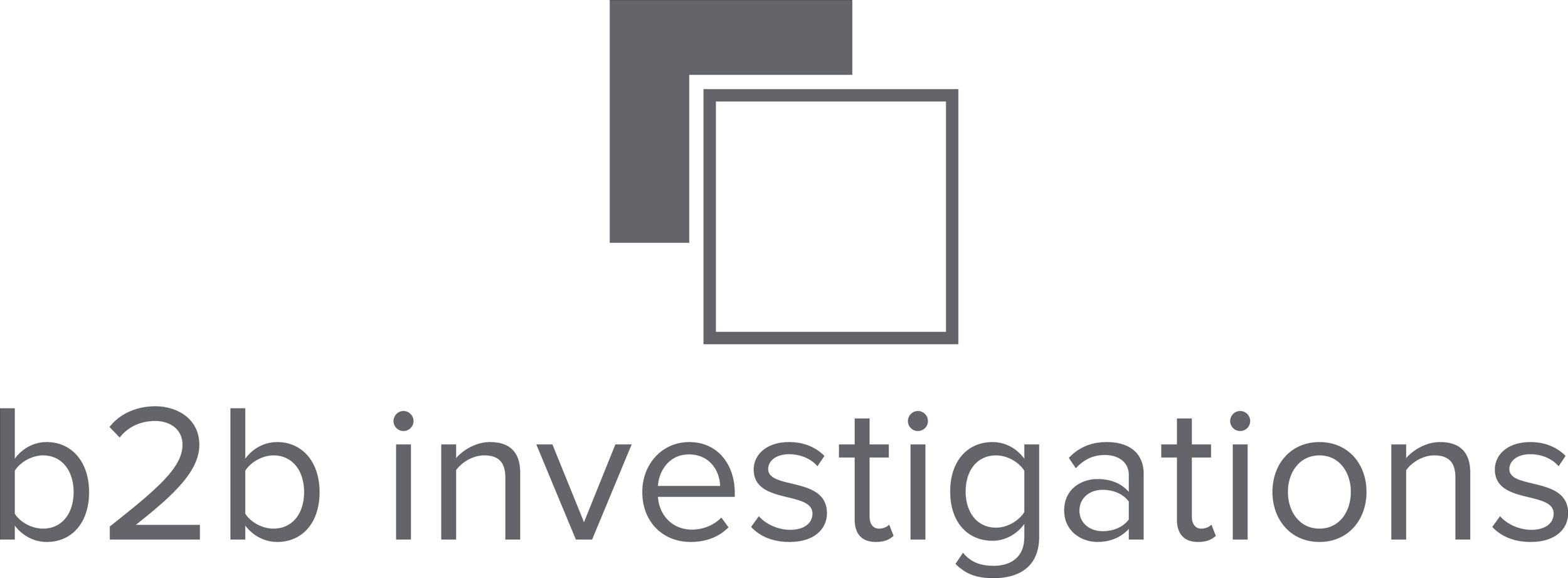Doveryai, No Proveryai - Trust but Verify
A major news channel discovered that its general counsel isn’t licensed to practice law. Although he passed the Bar, he either did not complete his application for admission, or did not meet the Character and Fitness requirements.
When companies are faced with a decision to undergo background investigations, most of the time they are referring to due diligence investigations. This is with good reason; there have been several occasions reported of employers forgoing a standard background check and later finding that they regretted this decision, as in the case mentioned above. Since the company’s discovery, the GC resigned and the company had to hire attorneys to conduct an internal investigation while managing a communication crisis.
Though these professional background investigations may be looked upon as an added expense, the time and money invested in this is well spent.
Investigating a potential new hire can avoid unnecessary problems for the future. Investigating resume fraud, criminal history, conflicts of business interests, an individual’s financial difficulties, their litigation history and even controversial media attention will all provide a clearer picture of any candidate. Just as there are apparent benefits when conducting a background on a new-hire, it is also valuable to do so with potential new business partners for the very same reasons. If there are any red flags that arise from the investigation, it is preferable to base business decisions with these elements intact, eliminating post feelings of “coulda, woulda, shoulda.”
What sort of things are worth confirming?
Part 1 – Professional Licenses | Education
Confirming a professional license is often times overlooked and in those cases, always regrettable. There have been several news articles regarding those companies that ignore confirmation of a professional license.
For instance, the paralegal, who after years of working for a major law firm, falsely asserted he had a law degree and was admitted to the bar. This individual collected an attorney’s salary and practiced law for two years until the firm finally discovered the truth. He pleaded guilty to second-degree grand larceny in 2007.
In 2011 a man was caught impersonating a physician assistant at a large hospital. He is now an infamous teen for having performed procedures on patients. The hospital reportedly provided him a Physician Assistant identity card without confirming his professional license or education.
And more recently, in March 2015, a woman was caught using forged documents to pose as an estate lawyer for the past ten years. She even made partner at her small firm in Pittsburgh.
There are multiple issues that can potentially arise once these kinds of situations are brought to light; first, the cases that the poseurs worked on must be reevaluated and second but equally important, the hit the company's reputation will face once a fraud becomes public knowledge.
In the estate lawyer’s case she lied not only about her license as an attorney but also about her educational diplomas. Both aspects when reviewing an individual’s background are fairly obvious details to examine yet do not receive nearly the attention they deserve. This is especially true in today’s world, with the aid of modern technology making it that much easier to create fraudulent paperwork. Confirmation and validation of licenses and education should be considered the bare minimum for any employer to undertake.
Some believe that this is something you read about but would never be directly confronted with. I say, beware, especially those you trust most, as it is they who can most easily deceive you. There have been many reported cases in which individuals embellished their resumes with a degree from an Ivy League school that they never actually earned.
Trust is an essential factor to consider when hiring or entering a business venture with another individual. This Russian proverb says it best, “doveryai, no proveryai; Trust, but verify.”
